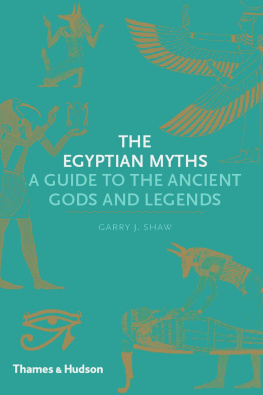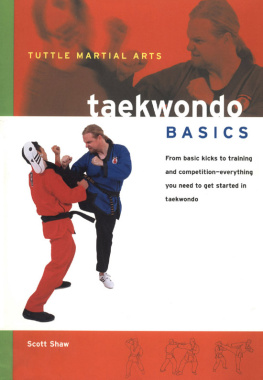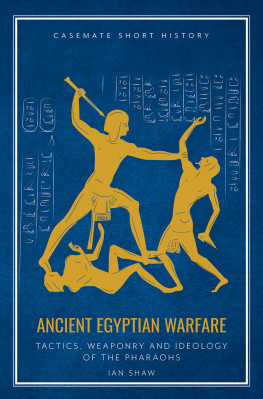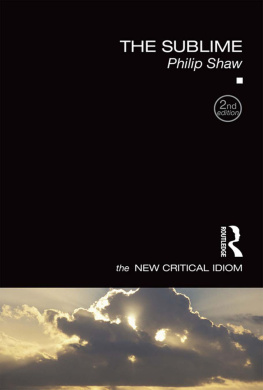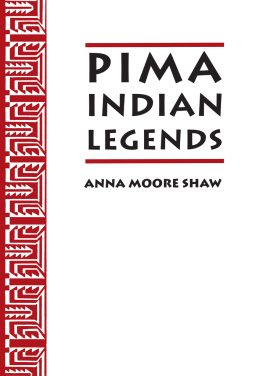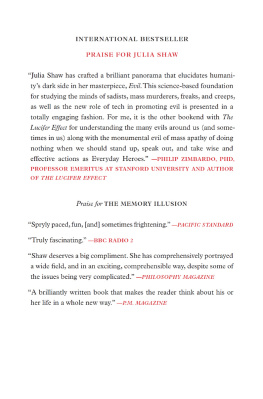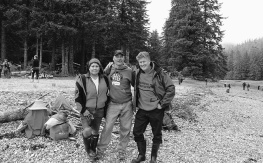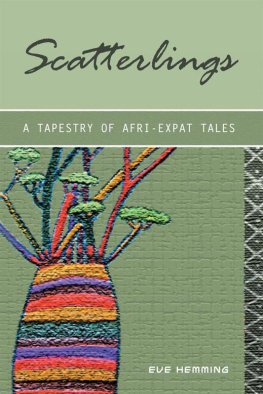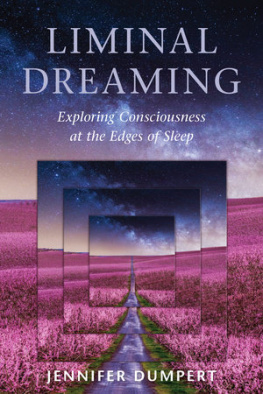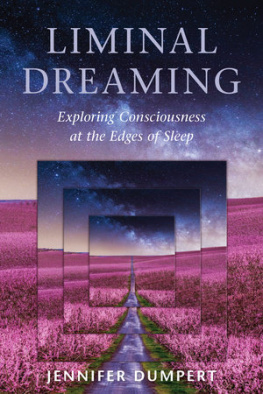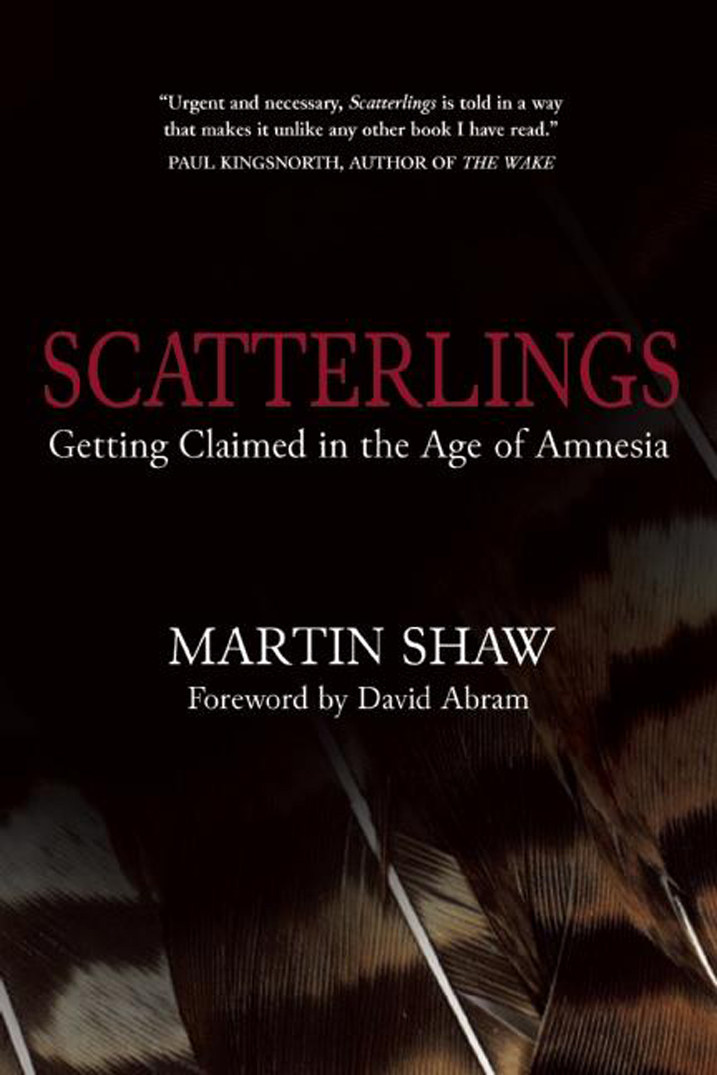Praise for SCATTERLINGS
I can still remember the first time I heard Martin Shaw tell a story. The tale that emerged was like a living thing, bounding around, throwing itself at all of us there listening. I had never heard anything like it before. Shaw is a one-off, his work is urgent and necessary, and Scatterlings is his testament. Scatterlings is told in a way that makes it unlike any other book I have read.
Paul Kingsnorth, author of The Wake
One of our most gifted oral tellers is paying necessary homage, offering his attention and capacious intelligence to the Devonshire land of his begetting... quietly tracking earths own imagination, the dreaming of the high moor and the meandering river, the edge where the cliffs meet the strand and both are washed clean by the tides.
David Abram, author of Becoming Animal: An Earthly Cosmology
I will say this about Dr. Martin Shaw: I wish him protection from the saints and something like a pardon from the Lucid Gods. He is now as much and as good a teller as there probably is among those of us adorned and afflicted by the English tongue, and he has lingered a while in the old caves, as he says.
He knows that things can happen when the word is nailed to a tree, to be read. Things do happen.
And yet hes done it, and done it so very well, and so much in thrall to the chant that you can hear him. It may be wisdom hes done here. It may be something wiser.
I know that if I had to choose kinship, Dr. Shaw the dowser and scribe on my left or the Old Gods of Song who have granted me my tongue and my days on my right, Id be pressed. Hard pressed. Probably I am.
So hail this Scatterlings, this treasure. Barley and love for its burdened, heathen son, the one whos come down from the hills with this Relic From the World Tree and from it has carved his plume and a way home. Would that this plea for a better day and its maker be granted not the cliff face but the long road, and peace for his earned, learned days. Now, homeward.
Stephen Jenkinson, author of Die Wise
Shaw has a poets sensibility and a poets voice.
Ann Skea, author of Ted Hughes: The Poetic Quest
Scatterlings connects us with the land under our feet, and stories to take us to the home we have forgotten about. It is time to remember where we have come from, where we belong, and these words speak the spirit of place. Listen to them, hear the call to remember, to come home, back to the soil, back to soul. Allow the magic of Martins words to reach deep into you, into your gut and your heart.
Llewellyn Vaughan-Lee, Sufi teacher and author of Spiritual Ecology: The Cry of the Earth
This book will tear away the veil that has separated us from our past and our future. It will rekindle hope and an infinite trust in our being and becoming.
Anne Bearing, author of The Dream of the Cosmos: A Quest for Soul
With great skill, agility and elegance Martin Shaw takes us deeply to the mythic life-blood of his beloved Dartmoor Scatterlings word-magic will embed you ever more powerfully in the soul of your own land, wherever on Earth you happen to be.
Dr. Stephan Harding, author of Animate Earth.
A great work of imagination: Scatterlings will nourish the soul of those who read it. Shaws wonderful book weaves together the history, mystery and mythology of Dartmoor. The magic of the moor and spell-binding stories told from the heart is a delightful combination.
Satish Kumar, Editor-in-chief, Resurgence, and author of Earth Pilgrim

To the woman who walks the moor with me.
Copyright 2016 by Martin Shaw. All rights reserved. No part of this book may be used or reproduced in any manner whatsoever without written permission except in the case of brief quotations embodied in critical articles and reviews.
White Cloud Press titles may be purchased for educational, business, or sales promotional use.
For information, please write:
White Cloud Press
PO Box 3400
Ashland, OR 97520
www.whitecloudpress.com
Cover and interior design by Christy Collins, C Book Services
First printing: 2016
16 17 18 19 20 10 9 8 7 6 5 4 3 2 1
Library of Congress Cataloging-in-Publication Data
Names: Shaw, Martin, author.
Title: Scatterlings: getting claimed in the age of amnesia / by Martin Shaw.
Description: First edition. | Ashland, Oregon: White Cloud Press, [2016] | Includes bibliographical references.
Identifiers: LCCN 2016035690 | ISBN 9781940468686 (ebook)
Subjects: LCSH: Folklore--England--Dartmoor.
Classification: LCC GR142.D25 S53 2016 | DDC 398.209423/53--dc23
LC record available at https://lccn.loc.gov/2016035690
Contents
Table of Contents
Guide
W ell, the fact is, I pleaded with Martin Shaw not to write this book.
A few years ago I had come upon Shaws first published work, A Branch from the Lightning Tree: Ecstatic Myth and the Grace of Wildness, while I was browsing in a bookstore. That title and the starkly beautiful cover were enough to win me over; I took the book home. I figured itd be good to read some mythic tales from around the world, tales that maybe Id not heard before, and was curious to see what this author would do with them. But once I opened the book and began readingman, oh man, this was something new!
I was already well acquainted with that lineage of psychological writers, fed by Carl Jungs imaginative work, who scavenge carefully among mythic and folk traditions, drawing fresh water from old faerie tales and folktales. These mythologists lean deep into the stories to discern archetypal patterns, listening closely to various characters and following the dream logic of their magic adventures, harvesting from such stories uncanny insight regarding the workings of the human soul. The lustrous craft of such writersfrom Joseph Campbell to Marie-Louise von Franz, from the visionary psychologist James Hillman to Shaws early mentor, the poet-bard Robert Blyhad brought a nourishing wildness into contemporary psychology, a sense that even today the human mind is secretly and steadily fed by a clamor of conflicting energies, daimonic powers seething in the inexhaustible deep of our collective psyche. Yet there was the rub; most all of these writers assumed that the tumult of forces revealed in the old, oral stories resided somewhere inside usthat the gods, goddesses, demons, and spirits afoot in the tales could be traced to powers that lurk within the largely unconscious depth of the collective human interior, and hence that the tales had real relevance only to human persons and not to the spider weaving its web in the near corner of the room, or to the raucous crows hollering outside the window, much less to the hordes of salmon that once muscled their way upstream, or clear-cut mountainsides and dripping glaciers, or the thunderclouds now massing on the horizon.
Thats why Shaws writing, in A Branch from the Lightning Tree, struck me as something fresh. Here at last was someone reflecting on old peasant folktales who wasnt just psychologising the stories, someone who had spent gobs of time living in and learning from the wild backcountry, and who consequently knew something of dank woodlands and drenching storms and the ways of self-willed creaturesand who let this savvy bleed into his unfurling of the old tales. Finally! At some point I went hunting for some more info on this author and learned that he lived on Dartmoor: a vast and boggy highland punctuated by numerous


